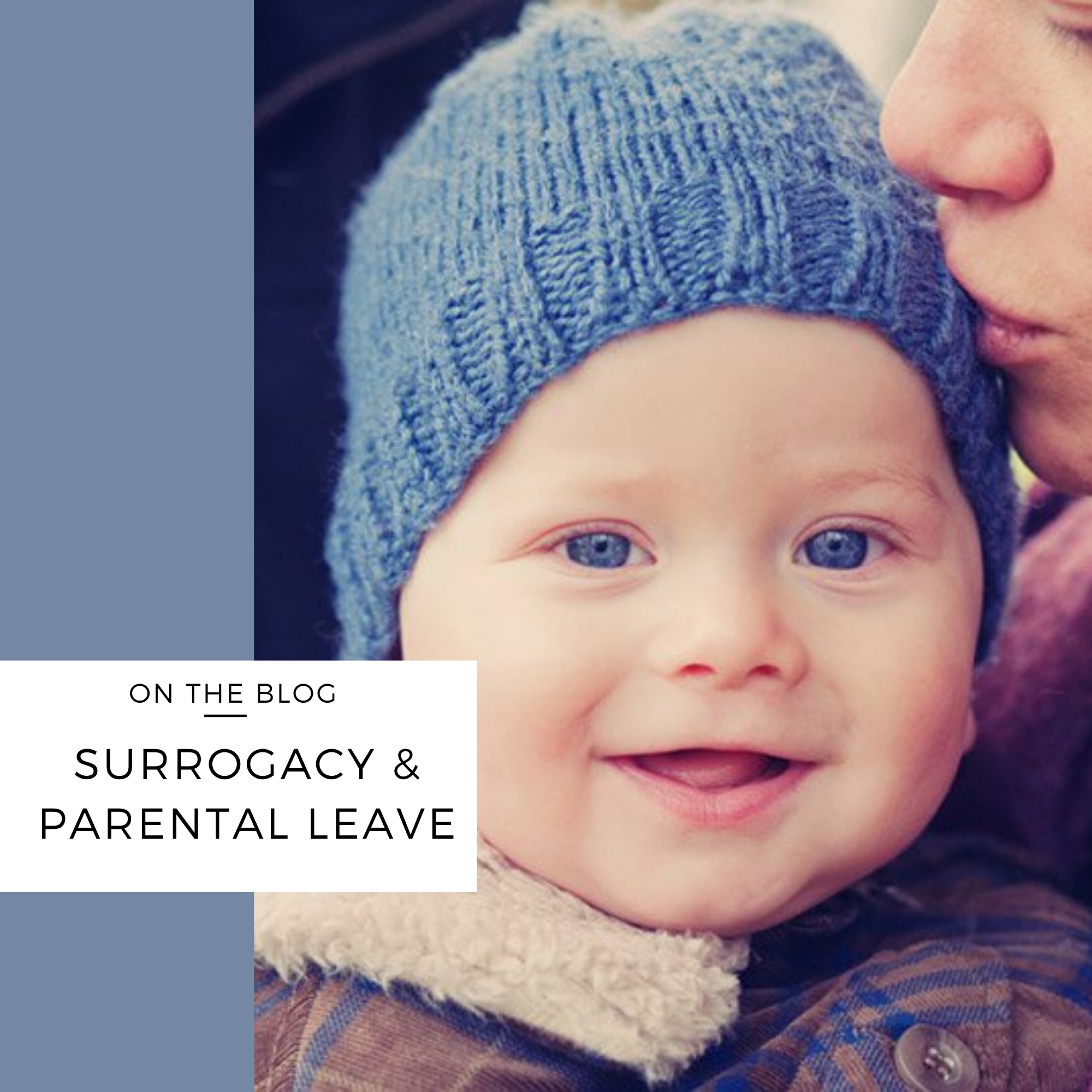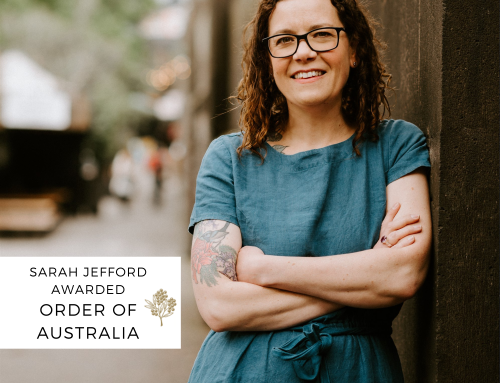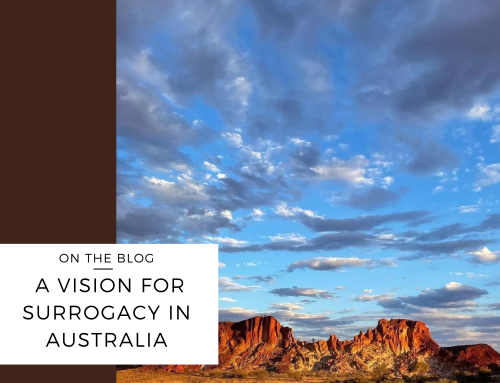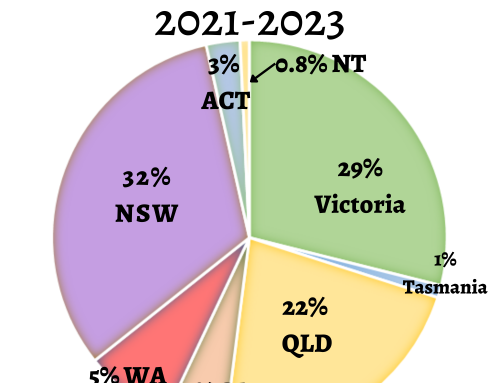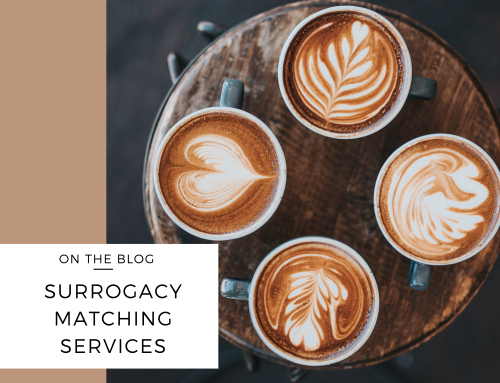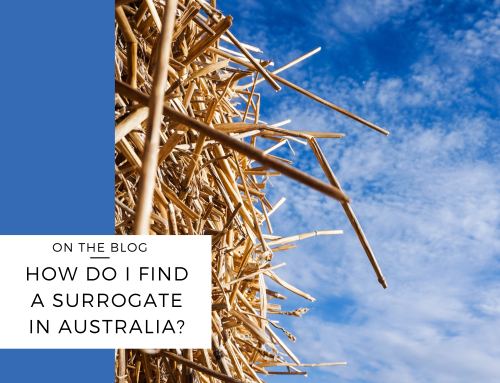Surrogacy and parental leave.
Are intended parents and surrogates entitled to paid parental leave? Is surrogacy considered the same as other pregnancy and birth?
Surrogates, and intended parents who have the care of a baby, can apply for Centrelink’s paid parental leave. Both the person who gave birth, and the people who have care of the baby, are eligible to apply for surrogacy parental leave.
If you are an employee, you can enquire with your workplace about surrogacy parental leave policies as they apply to you as the surrogate, or the intended parents. Some workplaces will have maternity leave and adoption leave but make no specific reference to surrogacy pregnancy or birth. A person who is pregnant is entitled to all the usual leave entitlements while she is pregnant – so she can attend prenatal appointments and take time off before the birth. Some workplace policies differentiate between a person who has birthed and continues to care for the baby, and a person who no longer has care of a baby. You may need to discuss your entitlements with your HR department or union.
When can we apply?
Some workplaces require you to give notice of the impending birth weeks or even months before the birth. You should check your policy to make sure you comply with any deadlines. You don’t have to provide details of the names of anyone else in the surrogacy arrangement, but you may need to provide copies of documents or a statutory declaration confirming the surrogacy and the pregnancy. This might include a letter from the treating doctor confirming the pregnancy and due date.
Centrelink allows you to apply for paid parental leave before the birth – but payment is not made until after the birth. You will need to make sure funds are available while you wait for Centrelink payments to be confirmed.
As a parent, you should be able to take parental leave just as if you had given birth yourself. By law, your employer must grant you 12 months unpaid leave, and additional 12 months unpaid leave on request. You can find out more about maternity and parental leave entitlements on the Fair Work Ombudsman website.
If the surrogate has to take unpaid leave from work, the intended parents will need to cover her lost income during that period. Most surrogacy laws provide for the surrogate to take 8 weeks off work during the time when she gives birth, and any other time she may need due to medical reasons.
What if the workplace policy is unhelpful?
There is a case of a gay couple in New South Wales who are in a dispute with the Department of Education about one of the dad’s entitlement to paid parental leave. He and his partner became dads through surrogacy in Mexico, welcoming twins in 2020. Their story is not unique, and despite the poor media reporting, it is not a problem with the state surrogacy laws. It is in fact, a quirk of the Department policy on parental leave.
The issue in this case, and for any intended parents who work for the Department and engage in international surrogacy, is that the NSW Department of Education policy on Altruistic Surrogacy Leave declares that a parent can access parental leave to stay home with their baby, if the surrogacy arrangement is pursuant to the Surrogacy Act in NSW. A condition of granting the leave is that the employee must provide a copy of the Parentage Order as soon as it is made.
A Parentage Order can only be granted for surrogacy arrangements within Australia, pursuant to the laws of the state or territory where the intended parents live. For parents who have engaged in surrogacy overseas, while they may be biologically related to the child, and even be named on the child’s birth certificate, there is no mechanism for them to be granted a Parentage Order when they return to Australia. This has been discussed at length in recent years, and until state and Commonwealth laws are changed, it is unlikely that a Parentage Order would be granted for a child born pursuant to an international surrogacy arrangement.
While the NSW Department of Education policy might be unfair, it is not discriminatory against gay couples particularly, as the policy applies to anyone who is applying for parental leave who has had a child via surrogacy. It does differentiate between those children born in Australia and those born overseas. My personal opinion is that an employee should be entitled to the same leave entitlements as any other parent, if a child is in their care – regardless of how the child came into their care or any genetic connection they have with the child. However, the Department policy is in line with the Surrogacy Act and a prohibition on commercial surrogacy for NSW residents.
What should we do to prepare?
I often hear from intended parents and surrogates who discover, part way through a pregnancy or after the birth, that they are not entitled to paid leave or have to argue with their employer to access paid leave. Intended parents need to prepare for the possibility that their surrogate will not have access to paid leave, and make sure to secure any entitlements before planning a pregnancy – or save enough money to cover the lost income. And if you’re engaging in surrogacy overseas, you need to make sure your workplace policy doesn’t conflict with your surrogacy arrangement.
If you are new to surrogacy, you can read about how to find a surrogate, or how to become a surrogate yourself. You can also download the free Surrogacy Handbook which explains the processes and options.
Sarah has published a book, More Than Just a Baby: A Guide to Surrogacy for Intended Parents and Surrogates, the only guide to surrogacy in Australia.
You can find more information in the free Surrogacy Handbook, reading articles in the Blog, by listening to more episodes of the Podcast. You can also book in for a consult with me below.

